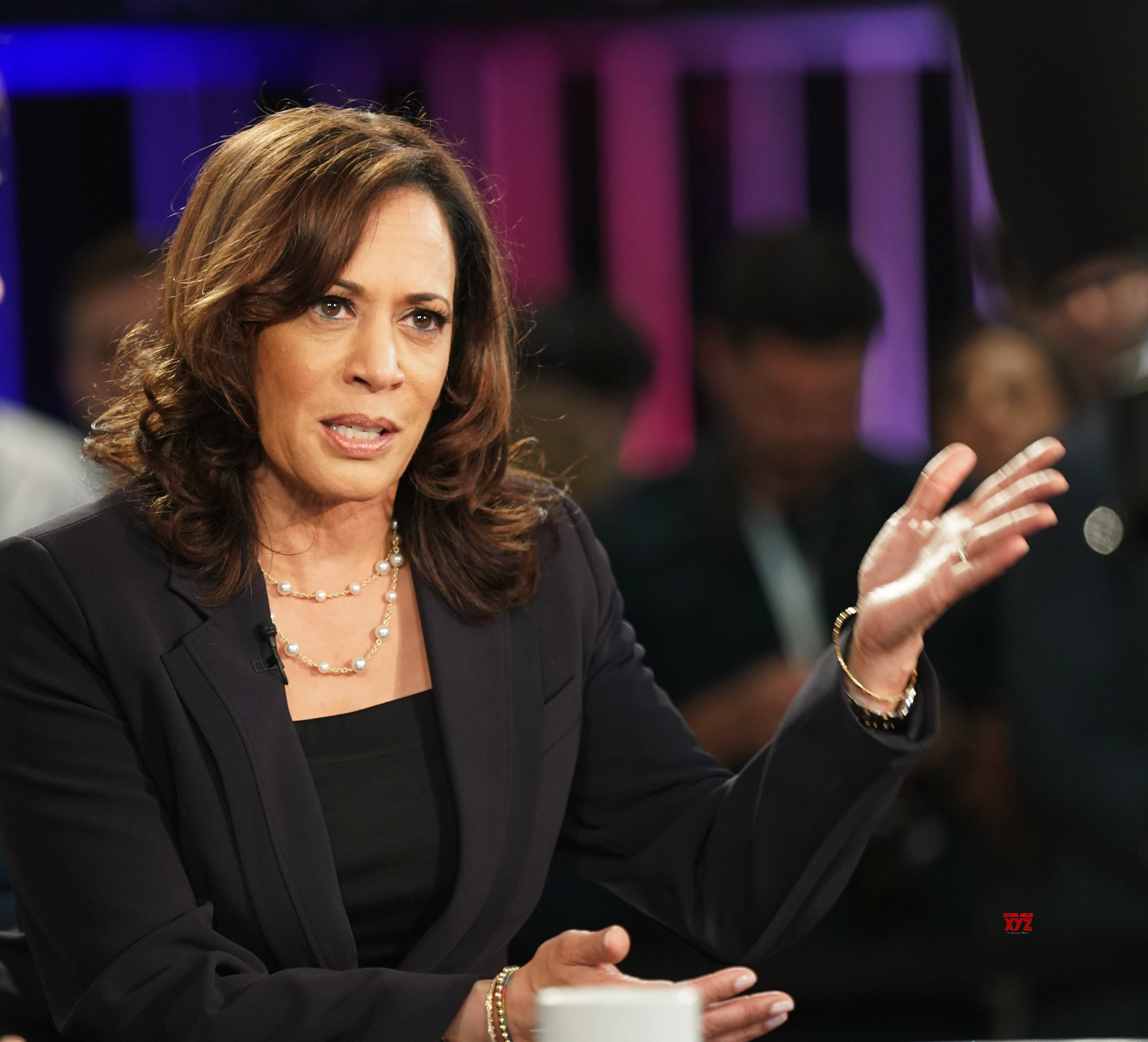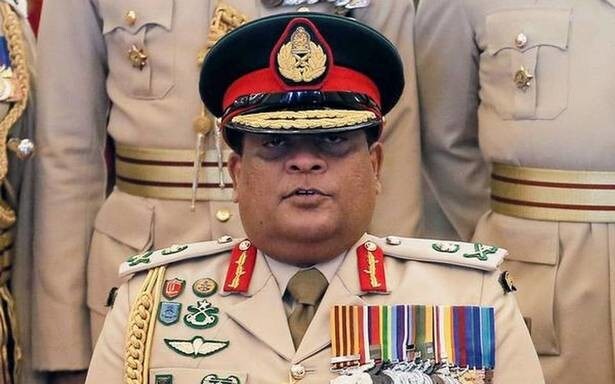 WASHINGTON: Pakistan Prime Minister Nawaz Sharif faced uncomfortable questions from US President Barack Obama who did some plain speaking by asking him as to why the trial of those involved in the 2008 Mumbai attack had not yet begun besides raising the issue of cross-border terrorism, particularly the activities of terror outfit JuD led by Hafiz Saeed.
WASHINGTON: Pakistan Prime Minister Nawaz Sharif faced uncomfortable questions from US President Barack Obama who did some plain speaking by asking him as to why the trial of those involved in the 2008 Mumbai attack had not yet begun besides raising the issue of cross-border terrorism, particularly the activities of terror outfit JuD led by Hafiz Saeed.
Sharif, on his first visit to the US after coming back to power in May last, met Obama for over two hours at the White House yesterday but he appears to have made no headway on his objective of stopping US drone attacks and American intervention on Kashmir.
“He (Obama) asked, why the trial of the (Mumbai) terrorist attack in India has not started yet,” Sharif himself disclosed this to reporters immediately after holding talks with Obama.
Reflecting India’s concern over the slow pace of progress in the 26/11 case in Pakistan, Obama posed questions to Sharif over the delay of the trial that has already been hampered by a number of roadblocks.
Saeed, accused by India of masterminding the 2008 Mumbai terror attacks that killed 166 people, including six Americans, is the chief of Jamaat-ud-Dawa (JuD). The JuD has been declared a front for the banned Lashkar-e-Taiba by the UN Security Council.
Speaking in chaste Urdu, Sharif said Pakistan’s relationship with India, including the Kashmir issue, was discussed during talks with Obama.
But Sharif did not give details of what aspect of the Kashmir issue he raised nor did he talk about the response from Obama on this issue.
It is obvious that Sharif’s pitch for US intervention on the Kashmir issue had failed to strike a chord with the American leadership with Obama making no reference to any US role in resolving the issue.
The US, this week, had said there has not been an “iota of change” in its policy on Kashmir, which remains a bilateral issue between India and Pakistan, as it dismissed Sharif’s efforts to seek American intervention to settle the dispute.
“He (Obama) has raised the issue of (Dr Shakil) Afridi.
He spoke about cross-border movement. He also talked about Jamaat-ud-Dawa,” the Pakistan Prime Minister said, without giving details.
Afridi, the Pakistani doctor who helped the CIA track down al-Qaeda chief Osama bin Laden, is under detention in Pakistan.
Obama, after the meeting with Sharif, said that the Pakistan Prime Minister was taking a “wise path” in exploring how decades of tension between India and Pakistan can be reduced. “I think he (Sharif) is taking a very wise path in exploring how decades of tension between India and Pakistan can be reduced, because, as he points out, billions of dollars have been spent on an arms race in response to these tensions and those resources could be much more profitably invested in education, social welfare programs on both sides of the border between India and Pakistan, and would be good for the entire subcontinent, and good for the world,” Obama said.
In a joint statement issued after the meeting, Obama welcomed recent engagements between Sharif and Singh and expressed hope that this would mark the beginning of a sustained dialogue process between the two neighbors, aimed at building lasting peace in South Asia and resolving all outstanding territorial and other disputes through peaceful means.
“The two leaders emphasized that no country’s territory should be used to destabilize its neighbors. Further, the leaders noted that extremism and terrorism represent a common challenge for humanity and that the solution lies in collaboration and joint efforts by the international community,” the statement said.
Obama, however, made no commitment to Sharif’s wish of ending drone strikes in Pakistan, that figured in the context of overall security and war against terrorism in the region.
“We talked about security and the concerns that both of us have about senseless violence, terrorism and extremism. And we agreed that we need to continue to find constructive ways to partner together; ways that respect Pakistan’s sovereignty, that respect the concerns of both countries,” Obama told reporters.
Optimistic that the two countries can continue to make important strides in moving forward, Obama said he knows that Sharif “is very much committed to trying to reduce these incidents of terrorism inside of Pakistan’s borders, and the degree to which these activities may be exported to other countries”.
Emphasizing that nuclear terrorism is one of the most challenging threats to international security, the two leaders acknowledged the importance of regional balance and stability in South Asia and pursuing increased transparency and uninterrupted dialogue in support of peaceful resolutions of all outstanding issues.
“Sharif affirmed Pakistan’s support for the universal objectives of non-proliferation and disarmament,” the joint statement said adding that the two leaders underscored that all sides should continuously act with maximum restraint and work jointly toward strengthening strategic stability in South Asia.–PTI






